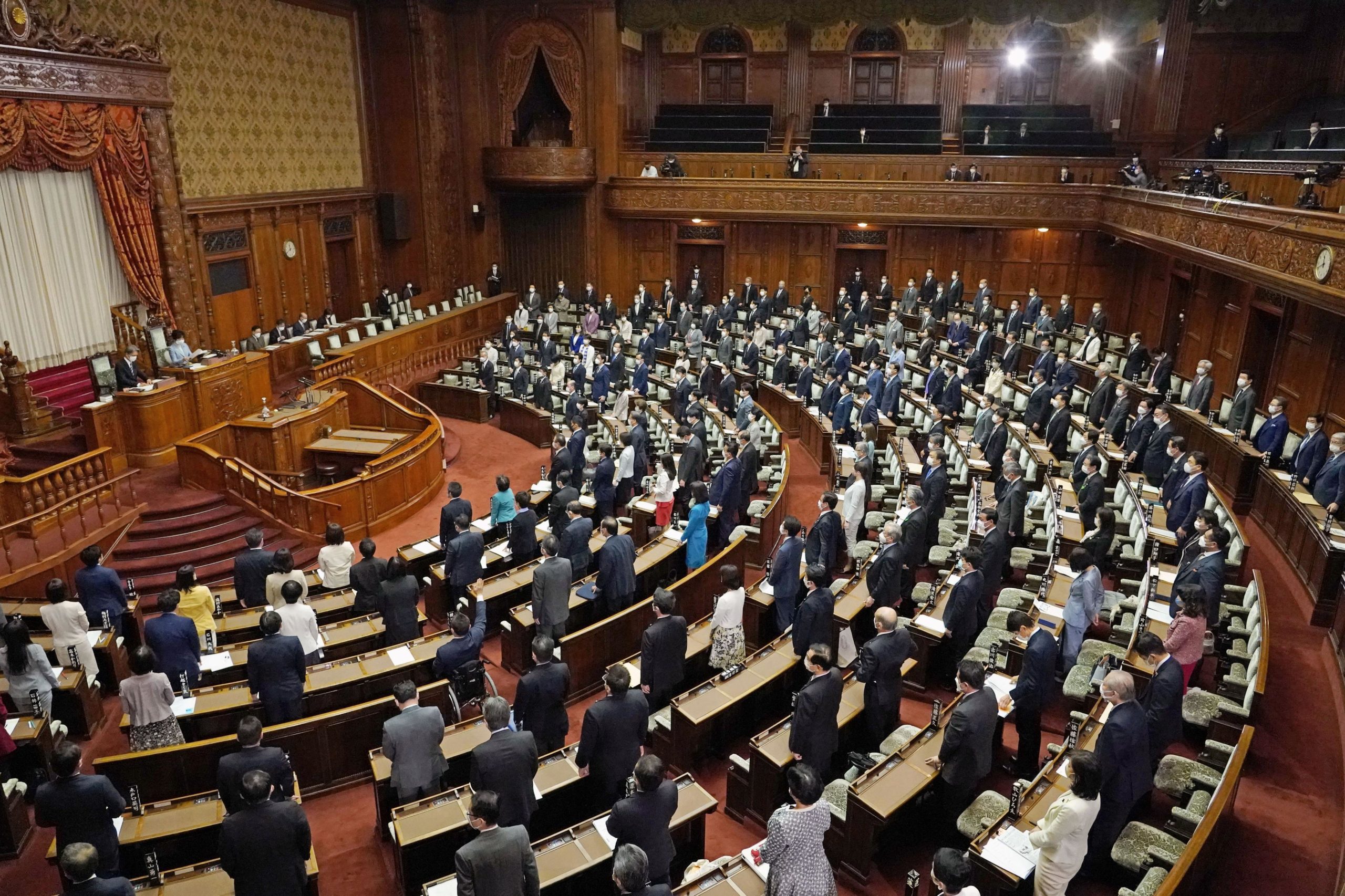TOKYO (AP) — Japan formally revoked Russia’s “most favored nation” trade status Wednesday over its invasion of Ukraine, as Tokyo steps up sanctions amid revelations of the Russian military’s widespread atrocities against civilians.
The stripping of Russia’s trade status is Japan’s latest move against Moscow and was part of a list of sanctions measures Prime Minister Fumio Kishida announced last month that also included a decision to expel eight Russian diplomats and trade officials.
The revocation of Russia’s trade status by Japan’s Parliament, combined with other sanctions collectively imposed by other countries, is expected to intensify pressure on Russia, but the moves could also prompt reprisals from Moscow.
The revocation of the trade status applies to tariffs on all Russian imports, allowing Tokyo to impose higher duties on such products. It followed a decision along with the U.S. and other Group of Seven member nations to do so.
Wednesday’s parliamentary decision also included a revision to a foreign exchange law to prevent the transfer of virtual currency held by those subject to asset freezing.
Japan is taking a greater role in the international effort against Russia because of concerns about the impact of the invasion in East Asia, where China’s military has grown increasingly assertive.
Japan has also frozen the assets of hundreds of Russian individuals and groups and banned new investment and trade, including the export of goods that could be used for military purposes. Japan also announced plans to phase out imports of Russian coal.
On Wednesday, the eight Russian diplomats subject to expulsion were seen leaving the Russian embassy in Tokyo on a bus to the city’s Haneda International Airport, where they took a Russian government plane back to their country.
Japan has already faced reprisals from Russia. Moscow recently announced the suspension of talks on a peace treaty with Tokyo that included negotiations over Russian-held islands that the former Soviet Union seized from Japan at the end of World War II.
Japan’s trade with Russia is relatively small but has been growing swiftly, with exports in the fiscal year that ended in March up nearly 40% and imports up almost 70%.
In March, as sanctions took hold, Japan’s exports to Russia fell nearly 32% but imports surged nearly 90%. Nearly two-thirds of that was energy related, with sharp increases in imports of natural gas, oil and coal.

